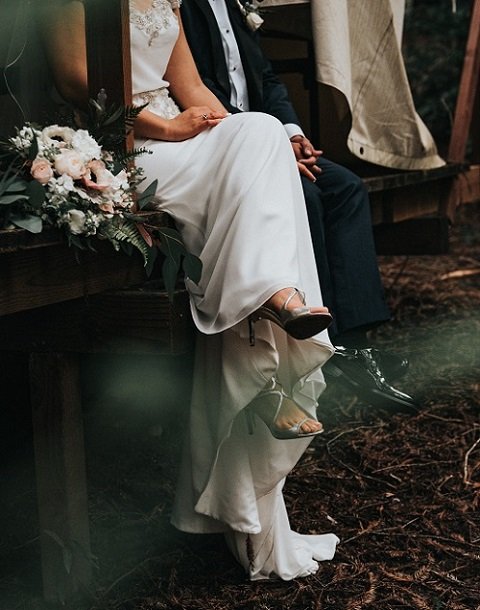


Marrying a foreigner brings along a number of obligations that the foreigner has to fulfill before the ceremony.
Documents that were not issued in the Czech Republic have to be officially certified.
One of the ways of authentication is the apostille – a clause that certifies verification of the signature and stamp on the document that is to be presented abroad. You will find out whether an apostille has to be affixed to your document(s) at the relevant municipality’s registry or by looking into the updated list of the signatories of the Hague Convention which lists the countries requiring authentication with an apostille (e.g., Germany). Apostilles are issued by Ministries of Foreign Affairs or Ministries of Justice.
Superlegalization, i.e., double authentication, is another mode of document certification. This has to be obtained in the country of the given document’s issue or an office representing that country – usually the embassy of the country where you want to submit the document.
Documents with this certification are required by Bahamas, Dominican Republic, etc.
Have individual documents certified separately. Subjected to verification is primarily the transcription of foreign names to eliminate typographic mistakes. Then, after an apostille or superlegalization is affixed to your documents, comes the certified translation which is not to be done by yourself or your friend but by a court-certified translator. A court-certified translation must contain an interpreter’s clause, as well as the translator’s stamp and signature. If you do not know any official translator, we will gladly help you with it. Send us a scan of the document and specify the target language – we will get back to you.
If your future spouse does not speak Czech, you have to hire a court-certified interpreter for the wedding ceremony. Excepted are citizens of Slovakia, where interpretation is not necessary.
Do not let yourself be discouraged by all the paperwork – just look forward to the day when you say YES to each other.